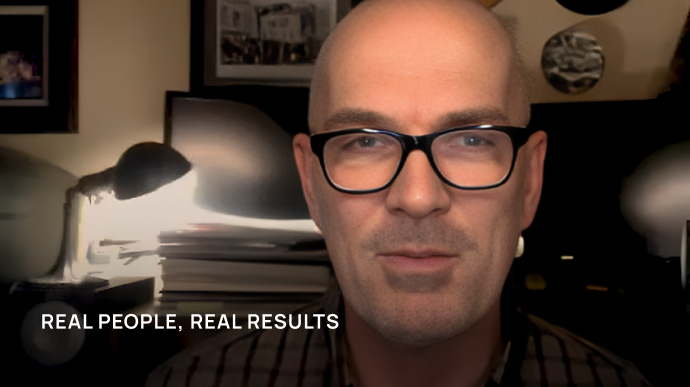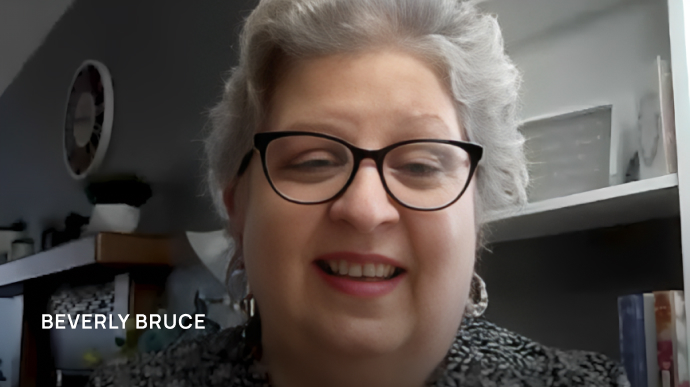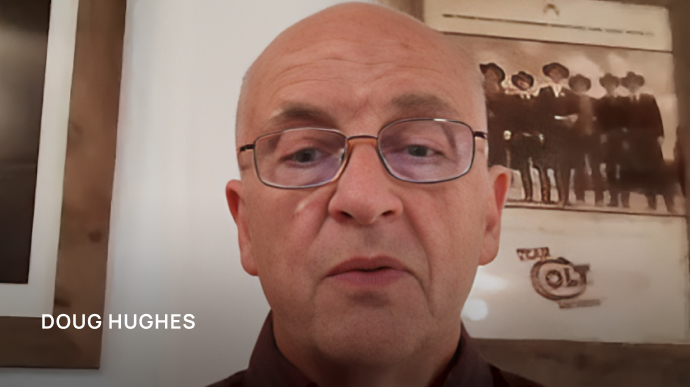How Can I Contest a Trust in California?

Trusts are frequently used by families as part of estate planning for parents to convey their assets to children and avoid the California probate process. As a result, many inheritance disputes involve trust disputes and lead to lawsuits. It is known as trust contests. A trust may have been created or amended by an elderly parent who lacked the necessary capacity to make decisions.
A trust document may have been changed to benefit one beneficiary at the expense of others. If you suspect fraud or undue influence in the creation or revisions of a trust, then contesting it in a California court is your option to fight for your inheritance. A trust contest is a legal objection to the validity of a trust. Having a trust contest attorney who understands California laws (creation and administration of trusts) is your safest choice.











